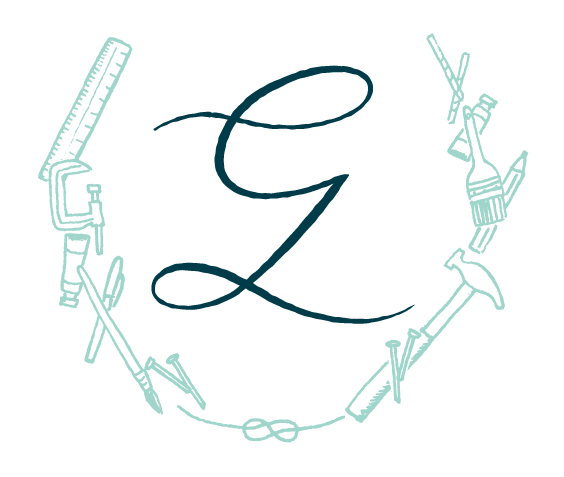Goodness gracious, I've left y'all hanging on art lessons!
I've been doing a lot of watercolors on my own this summer. Lots of babies gifts, shower invitations, and even some sweet pieces for friends. Basically, I've been really enjoying myself and not sharing with you (unless you've been on Instagram, then I'm over sharing)! So here we go with another lesson in watercolor, the wet on wet technique!
The wet on wet technique gives you the fluidity that is so desired in watercolors. It is a much looser technique than other painting styles. What that means is that you have less control over the outcome, which is really a beautiful thing :)
So first off you need to wet your surface. I use a damp sponge and lightly wipe down my paper. (You don't want it wet enough that the paper has a sheen but damp enough that you can feel it.)
So first off you need to wet your surface. I use a damp sponge and lightly wipe down my paper. (You don't want it wet enough that the paper has a sheen but damp enough that you can feel it.)
Then you simply take your colors mixed on your pallet and drop them in. Depending on how wet your paper is you will have different amounts of control with how the pigment reacts once laid down. You can see in the first photo that I was still able to create shapes but there are no real "edges".
Once you get your base color down, don't wait for it to dry. Just start dropping in more pigment (image 3)! By not waiting for it to dry you are allowing the two colors to mix naturally together which creates a very soft variation.
Now I recommend only doing this with colors in the same family, or you may start getting a bit muddy. So you can wait and let the paper dry a bit before adding in some more, if you do this you can start to make more definitive marks (last image compared to second to last image).
Like all techniques it is good to experiment so you can figure out how to use your brush correctly in these situations. You can go back to the post about Brush Strokes and do the same exercises but with wet paper, that will help you see how the pigment moves on the page for the wet on dry technique, and the wet on wet technique!
Like all techniques it is good to experiment so you can figure out how to use your brush correctly in these situations. You can go back to the post about Brush Strokes and do the same exercises but with wet paper, that will help you see how the pigment moves on the page for the wet on dry technique, and the wet on wet technique!





